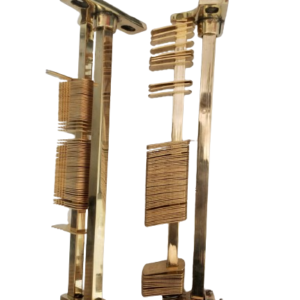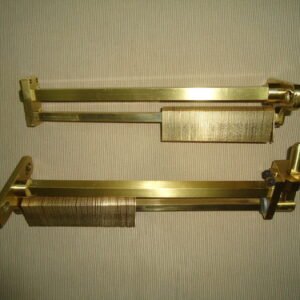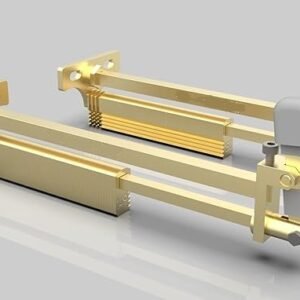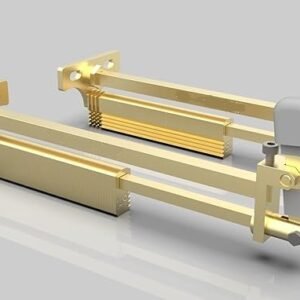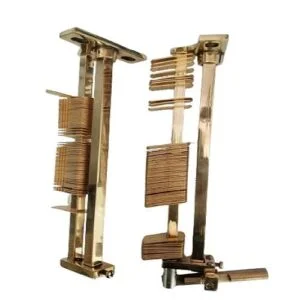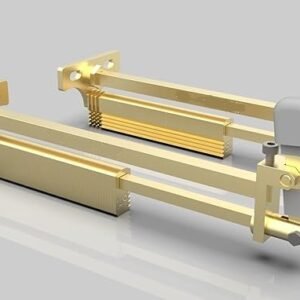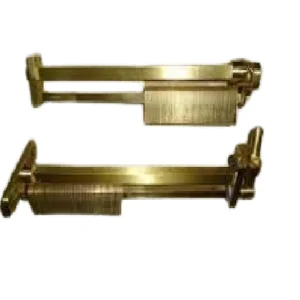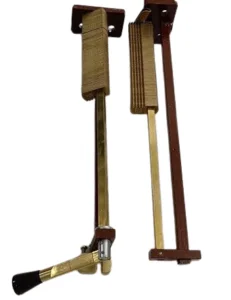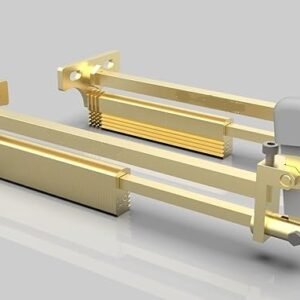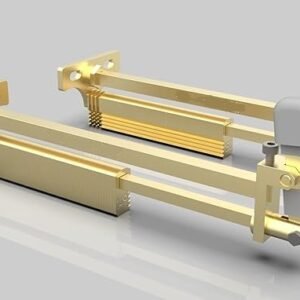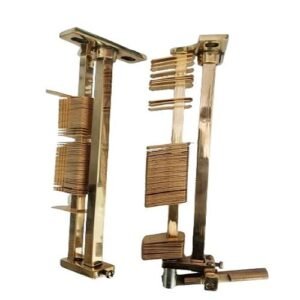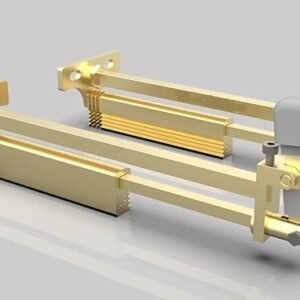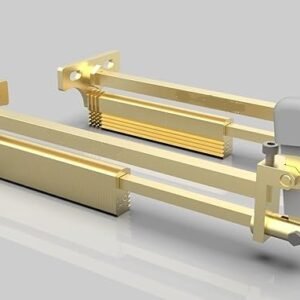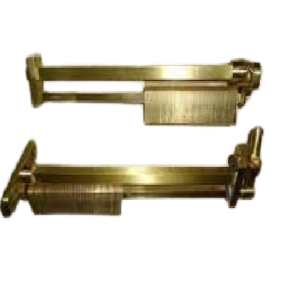fabric folding machine price
Explore the factors influencing the price of fabric folding machines, including type, size, material handling capabilities, speed, and advanced features. Learn about the cost variations between manual, semi-automatic, and fully automatic machines, and how brand reputation and after-sales support impact pricing. Stay informed on technological advancements and market trends to make the best investment for your textile operation.
-
Brass Cloth Folder with Bracket: Effortless Organization for Wrinkle-Free Clothes (100 Folds)
- ₹2,999.00
- Looking to buy a Brass Cloth Folder with Bracket online at the best prices in India? Look no further than ImStarTrading! Our Brass Cloth Folder is the perfect tool for textiles, with features like Cloth Folder clips and a manual folding machine for clothing fabrics. Find popular Brass Cloth Folder options and more at ImStarTrading today!
- Add to cart
Understanding the Price of Fabric Folding Machines: A Comprehensive Guide
Factors Influencing the Price of Fabric Folding Machines
The price of fabric folding machines is influenced by a multitude of factors. Understanding these elements can help potential buyers make informed decisions and comprehend why prices can vary significantly between different models and brands.
One of the primary factors affecting the price is the type and size of the machine. Larger machines with higher capacity and versatility to handle diverse fabric types typically command a higher price. Conversely, smaller machines designed for basic operations generally come at a lower cost. The materials the machine can handle also play a crucial role. Machines capable of processing a wide range of fabrics, from delicate silks to heavy-duty denim, often have a higher price tag due to their advanced engineering.
The speed and efficiency of the machine are other significant determinants. High-speed machines that can fold fabrics quickly and accurately are usually more expensive. Efficiency, measured in terms of minimal fabric waste and precise folding, also adds to the cost. Advanced features such as automation and digital controls are increasingly becoming standard in modern fabric folding machines. These features not only enhance productivity but also require sophisticated technology, which can drive up the price.
Brand and manufacturer reputation greatly impact the price as well. Established brands with a history of reliability and superior quality often charge a premium for their machines. Additionally, the reputation of the manufacturer for providing durable and long-lasting machines justifies higher prices. After-sales support and warranty offerings are also critical considerations. Machines with comprehensive after-sales service and extensive warranty periods ensure long-term support, which is often reflected in their higher cost.
In conclusion, the price of fabric folding machines is a composite of various factors including type, size, material handling capabilities, speed, efficiency, advanced features, brand reputation, and after-sales support. Each of these elements contributes to the overall cost, helping explain the significant price variations across different models and manufacturers.
Comparing Prices Across Different Types of Fabric Folding Machines
When evaluating the cost of fabric folding machines, it’s essential to consider the various types available: manual, semi-automatic, and fully automatic. Each category offers distinct features and functionalities that significantly impact their price points.
Manual Fabric Folding Machines typically range between $500 and $2,000. These machines are the most affordable option, primarily due to their simplicity and lack of advanced features. They require substantial human intervention, making them best suited for small-scale operations or businesses with limited budgets. While manual machines offer cost savings, their efficiency and speed are considerably lower compared to automated options. Popular models in this category include the J-1800 Manual Folder and the FoldRite Basic, both known for their durability and ease of use.
Semi-Automatic Fabric Folding Machines generally cost between $5,000 and $15,000. These machines strike a balance between manual labor and automation, providing enhanced efficiency without the high costs associated with fully automated systems. Semi-automatic machines often come equipped with features such as adjustable folding patterns and programmable settings, which justify their mid-range pricing. Models like the SemiFold 3000 and the FlexFold 400 are popular choices, offering a good mix of functionality and affordability. However, while they reduce labor costs and improve productivity, they still require some level of human oversight.
Fully Automatic Fabric Folding Machines are the most advanced and expensive, with prices ranging from $20,000 to $50,000 or more. These machines are designed for high-volume operations, featuring sophisticated technology that minimizes human intervention. Key features often include touch-screen interfaces, multiple folding options, and high-speed performance. Models such as the AutoFold Pro and the UltraFold 5000 exemplify the pinnacle of fabric folding technology, offering unparalleled efficiency and precision. The high cost of these machines is justified by their ability to handle large-scale production demands, significantly reducing labor costs and increasing output.
Technological advancements and market trends have a considerable impact on the pricing of fabric folding machines. Innovations in automation and smart technology are driving prices upward, particularly for fully automatic models. However, increased competition and advancements in manufacturing processes are also contributing to more affordable options across all categories. Keeping abreast of these trends is crucial for businesses looking to invest in fabric folding machinery, as it allows them to balance cost with the necessary features and capabilities to meet their operational needs.
